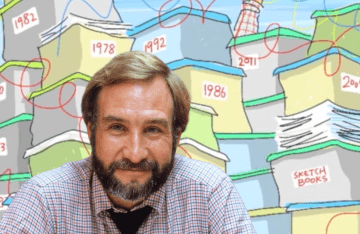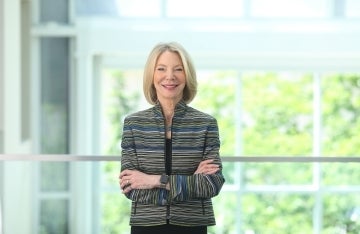Quotable: Insights from Annenberg Faculty and Students
Throughout October, we have been looking back at insights shared by our faculty and students over the past several years.
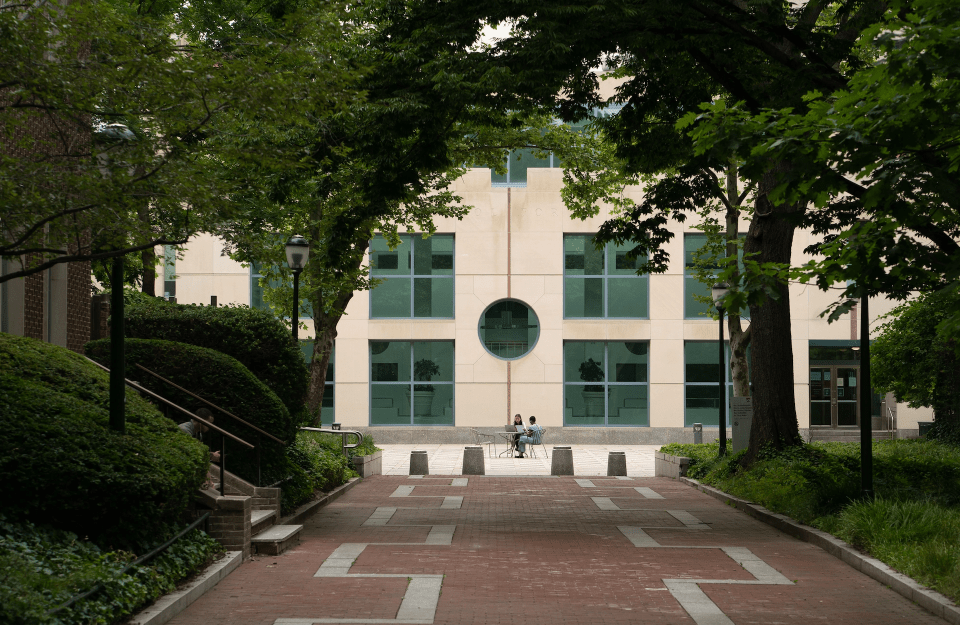
Annenberg faculty and students are incredibly passionate about their research and sharing it with the public, whether through explaining studies, delving into experiment results, or commenting on current events. During the month of October, we've dug into the archive of Annenberg news stories to share some great quotes from the Annenberg community.
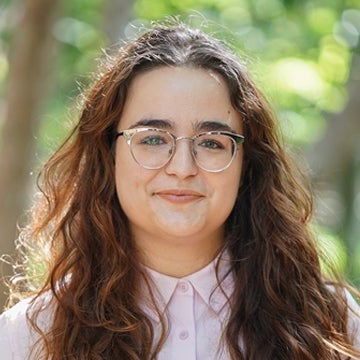
“If you start at any given article on Wikipedia, you're much less likely to eventually reach an article about a woman than you are about a man.”
Story: “Bridging Wikipedia’s Gender Gap, One Article at a Time”
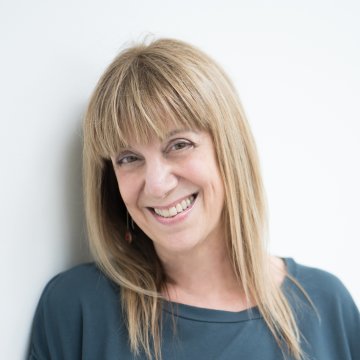
"Inaction or maintenance of the status quo in journalism is simply no longer sustainable."
Story: "Journalism is Outdated: Professor Barbie Zelizer Discusses a New ‘Manifesto’"
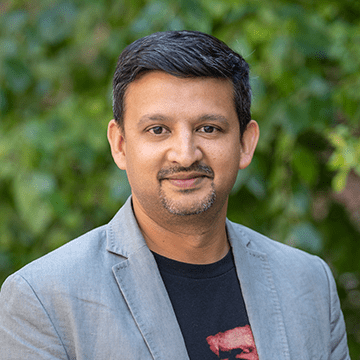
“I want to make sure that when we talk about the digital, we don't first theorize from the West, and then go and explore other parts of the world. The rest of the world has too often been a blank canvas for case studies, but never theorization.”
Story: "Global Communication Scholar Aswin Punathambekar to Join Annenberg"
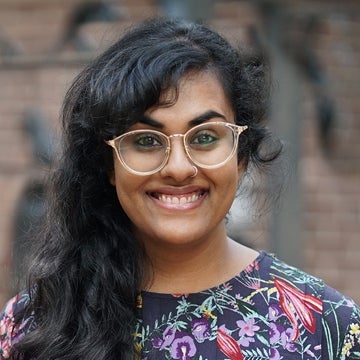
"Over the years in my art practice, I have become aware that the creative decisions I make a lot of times are guided by what I am or am not given permission to do by the tech company who owns or operates the tools I'm using.”
Video: Student Profile - Roopa Vasudevan
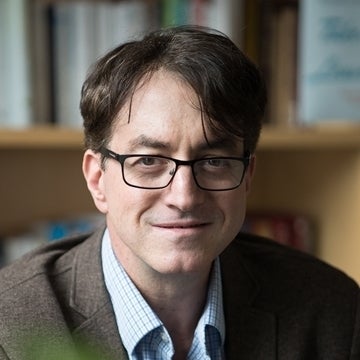
“The market is no longer supporting the level of news media — especially local journalism — that democracy requires.”
Video: Democracy Without Journalism?: Confronting the Misinformation Society
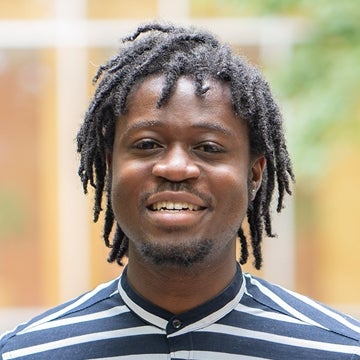
“Are you able to be yourself? Are you able to be heard as you hear yourself, known as you know yourself? We postulate that cognitive effort associated with self-presentation — constantly having to think about how you present yourself — and stress may have consequences.”
Story: "What is Code Switching? Q&A With Darin Johnson"
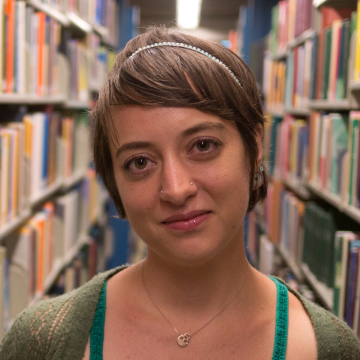
“Now that abortion is criminalized in huge parts of the country, the stakes around surveillance and reproductive health are even higher.”
Story: "The Importance of Protecting Privacy in a Post-Roe World"
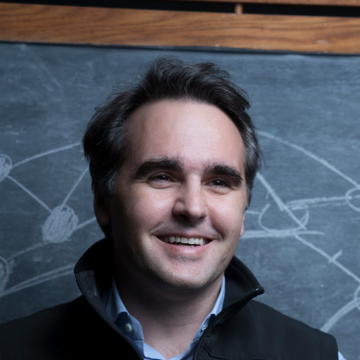
“We tend to think of doctors making rational decisions based on medical evidence, but medical bias is often rooted in professional norms.”
Story: "Clinician Peer Networks Remove Race and Gender Bias"
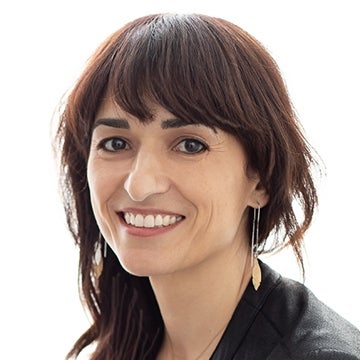
“Examining mobile phone usage totally changes the picture of how people encounter information online.”
Story: "Mobile Phones Help Americans Encounter More Diverse News"
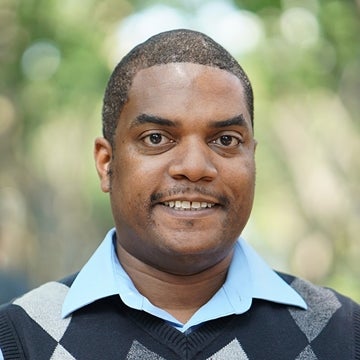
“Community media allows you to tell stories in ways that are unusual — meaning, not something that you see on mainstream media or something that has to ultimately drive metrics.”
Story: "Forging Scholarship and Identity Through Family Memories, Afrofuturism, and 1,600 Vinyl Records"
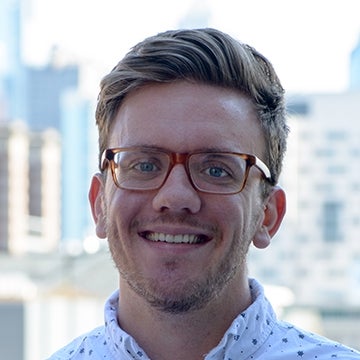
“I really want to understand people’s experiences of politics: how they think about it, how they talk about it, and how social structures and institutions impact it all.”
Story: "Joint Doctoral Student Tyler Leigh Studies the Impact of Social Media on Politics"
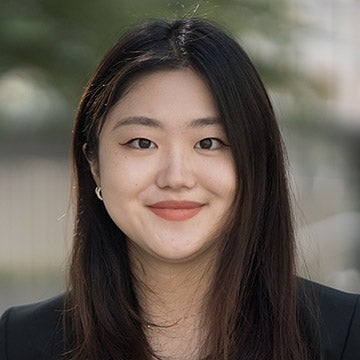
“Real change is going to require academics, especially men, to do the hard work of searching the field for literature they may not be familiar with and promoting the work of women researchers.”
Story: "Women Are Under-Cited and Men Are Over-Cited in Communication"
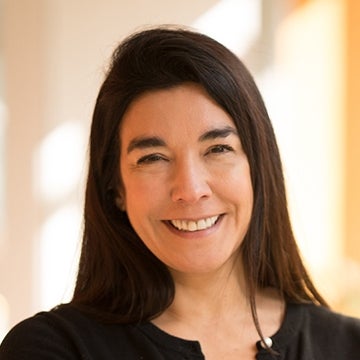
"If public health officials don’t offer clear, consistent messaging on vaccination, whatever circulates on Twitter — however crazy it is — may have an impact. We cannot trivialize it.”
Story: "Countering Anti-Vaccination Influences from Social Media — with Conversation"
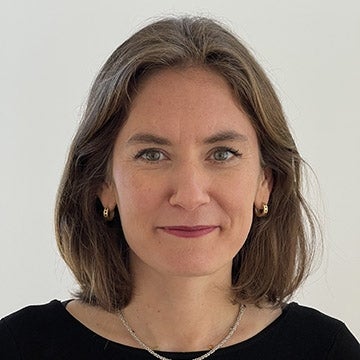
“Sharing is one key lever for shifting cultural norms and motivating larger scale action, so it’s really important to understand what makes it happen.”
Story: "What Makes Us Share Posts on Social Media?"
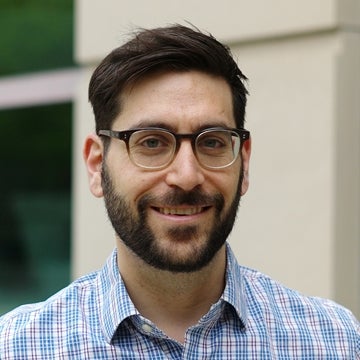
“People are increasingly not supporting democratic norms if the norm is bad for their side.”
Story: "How Ideologically Divided is the American Public?"
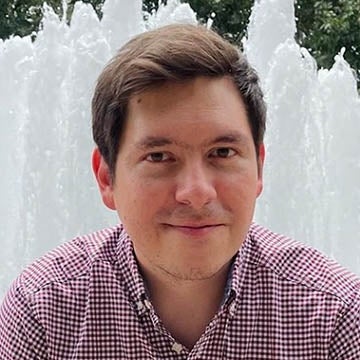
“Conglomerates control not only what we watch, but our access to the internet. The amount of power concentrated in a few hands is staggering — and troubling.”
Story: "Global Media Scholar Juan Llamas-Rodriguez to Join Annenberg Faculty"
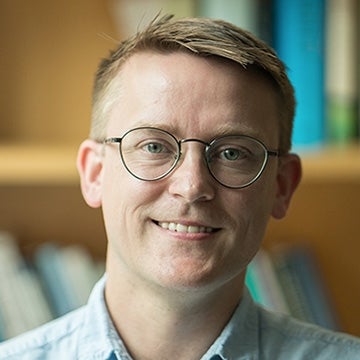
“Randomized control trials give you a statistic for the ‘average person,’ but that’s a statistical artifact that doesn’t exist. I want to know what works for me.”
Story: “Moving Away From ‘Average,’ Towards the Individual”
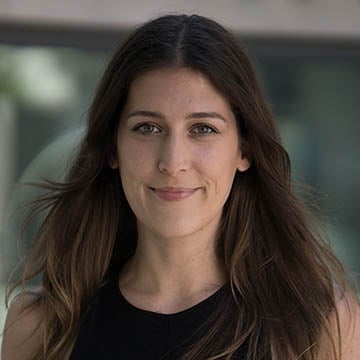
“The humanity of journalists is often overlooked in research. I'm really interested in thinking about journalists as workers — workers doing labor under exploitative conditions.”
Story: "What is it Like to Be a Journalist During the “Fake News” Era? Not Easy."
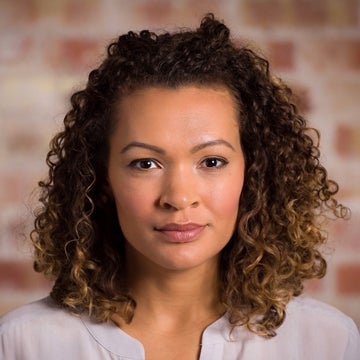
“What's important — and also fun — about studying counterpublics is that you document parts of history that haven't been as thoroughly studied or documented before.”
Video: Faculty Profile - Sarah J. Jackson
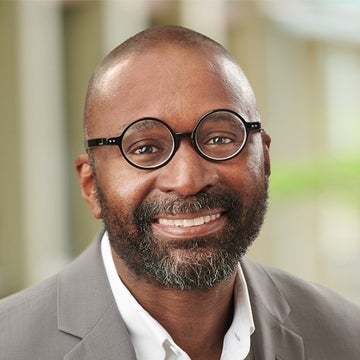
“Multimodal scholarship is really just a way to say, ‘What does it look like to completely reimagine what forms knowledge can take in the 21st century?'"
Video: Faculty Profile - Dean John L. Jackson, Jr.
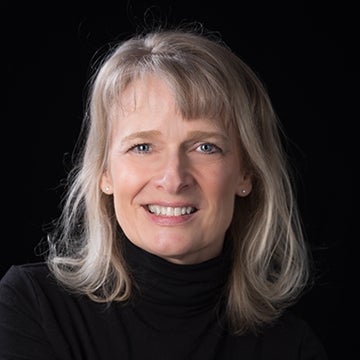
“Coming up with research ideas, being able to pursue whatever comes to your mind, whatever interests you, is a privilege. Very few occupations allow you to do that the way that academia does.”
Video: Faculty Profile - Diana Mutz

